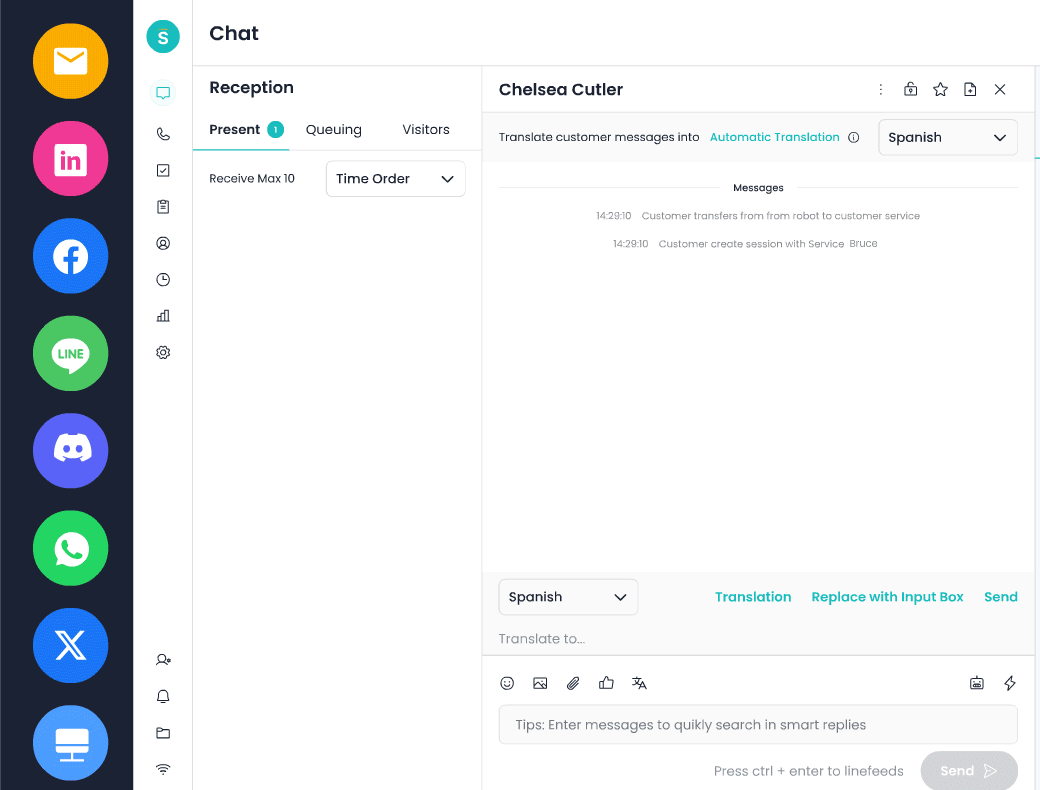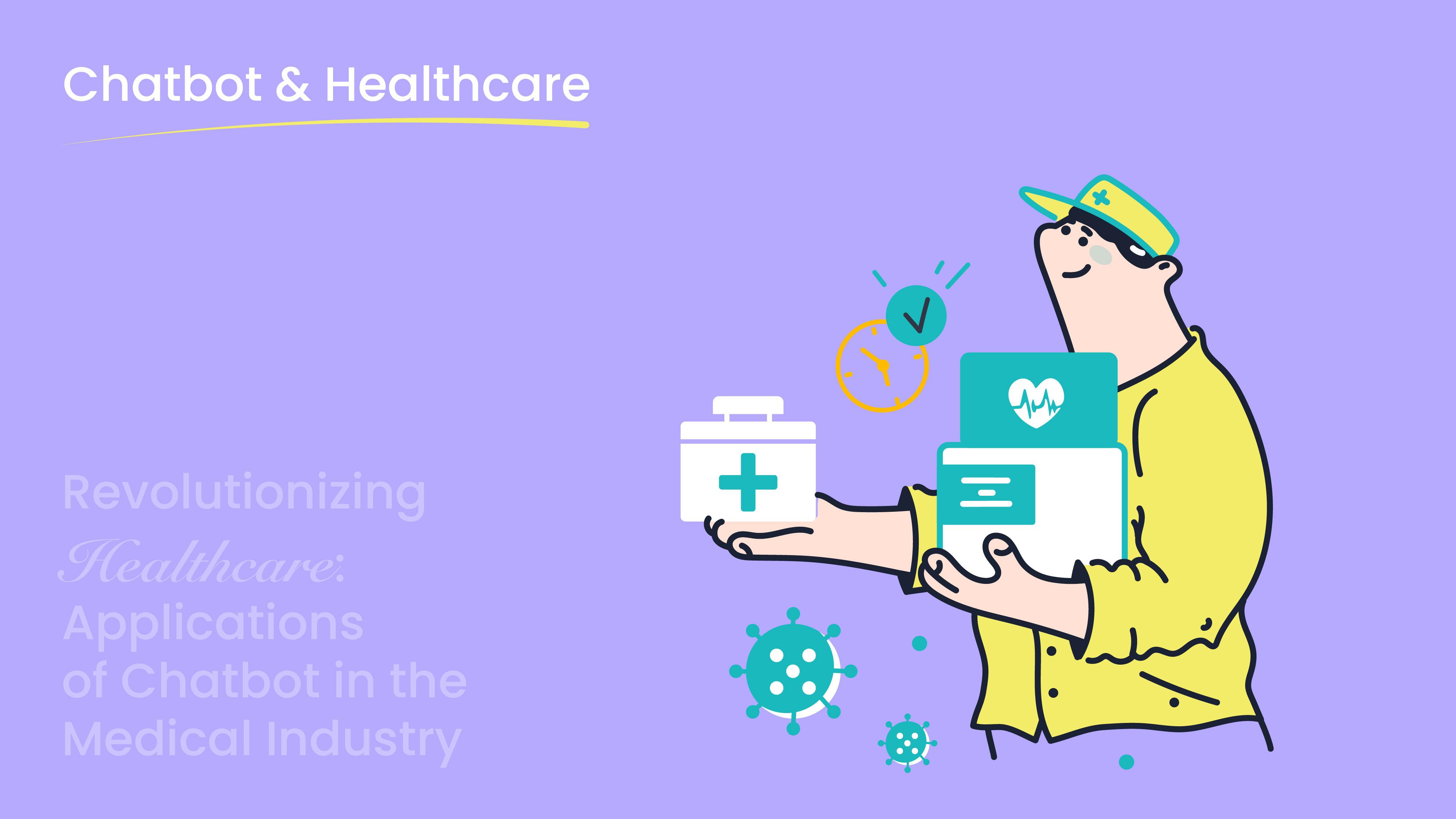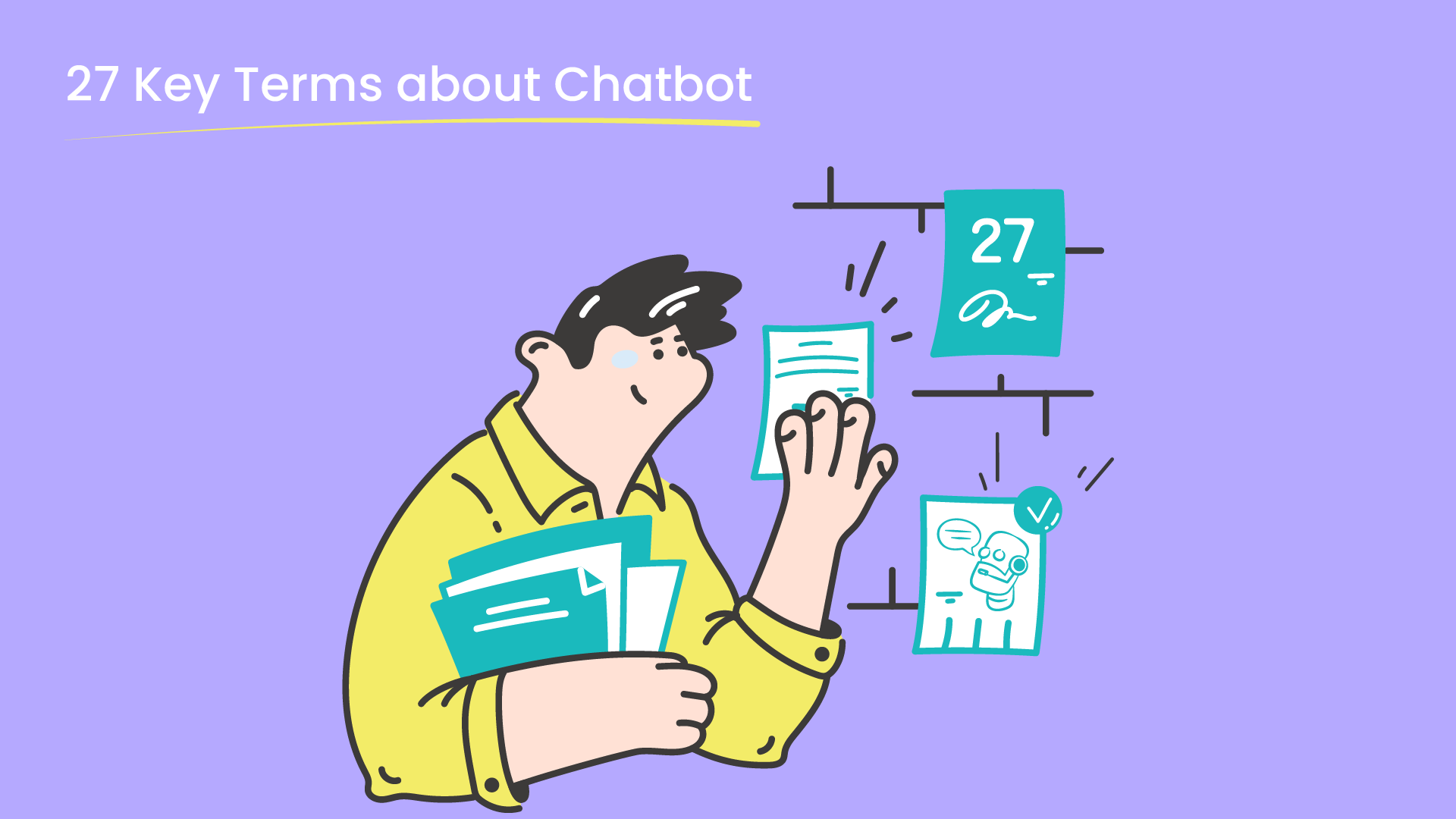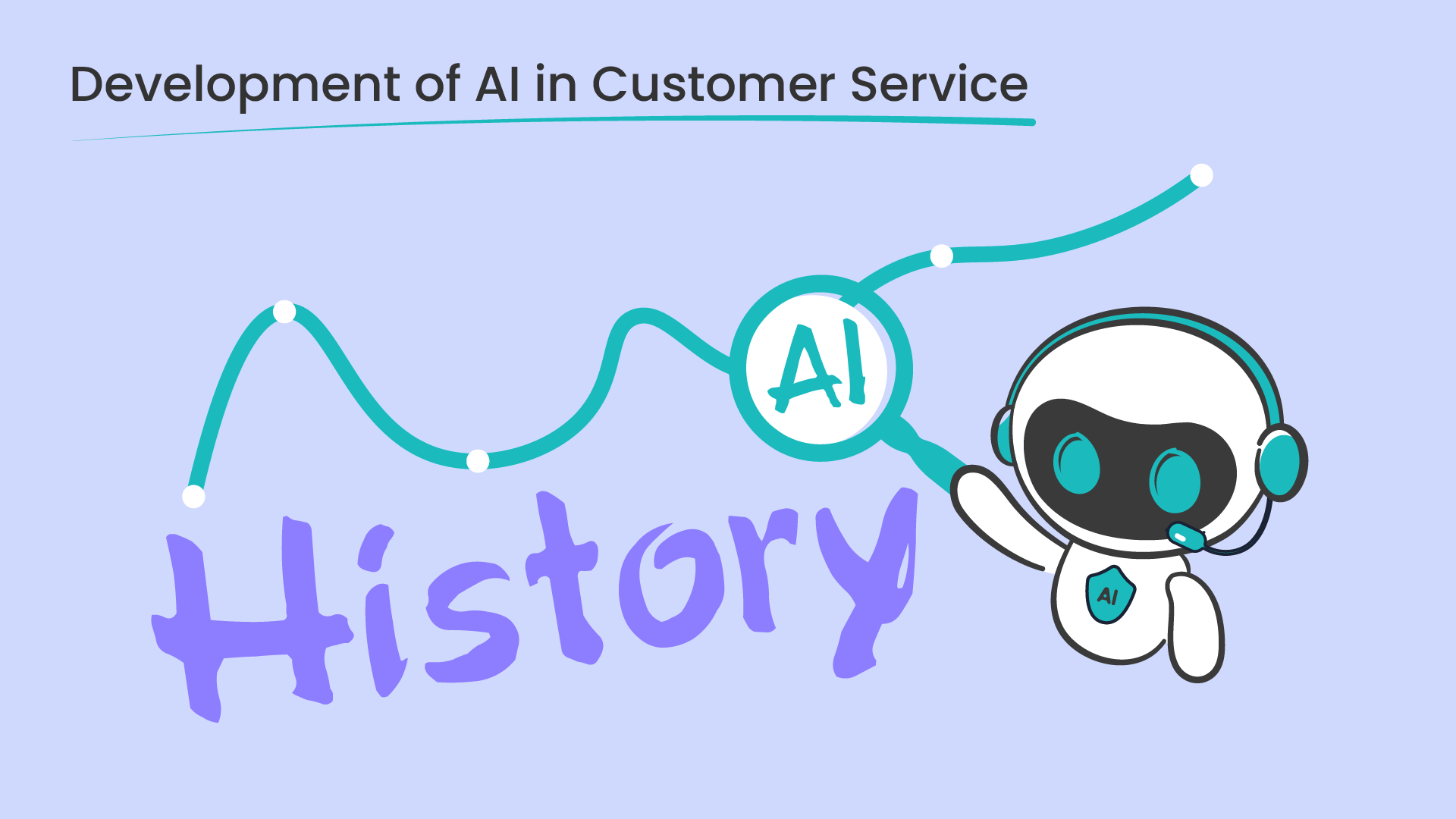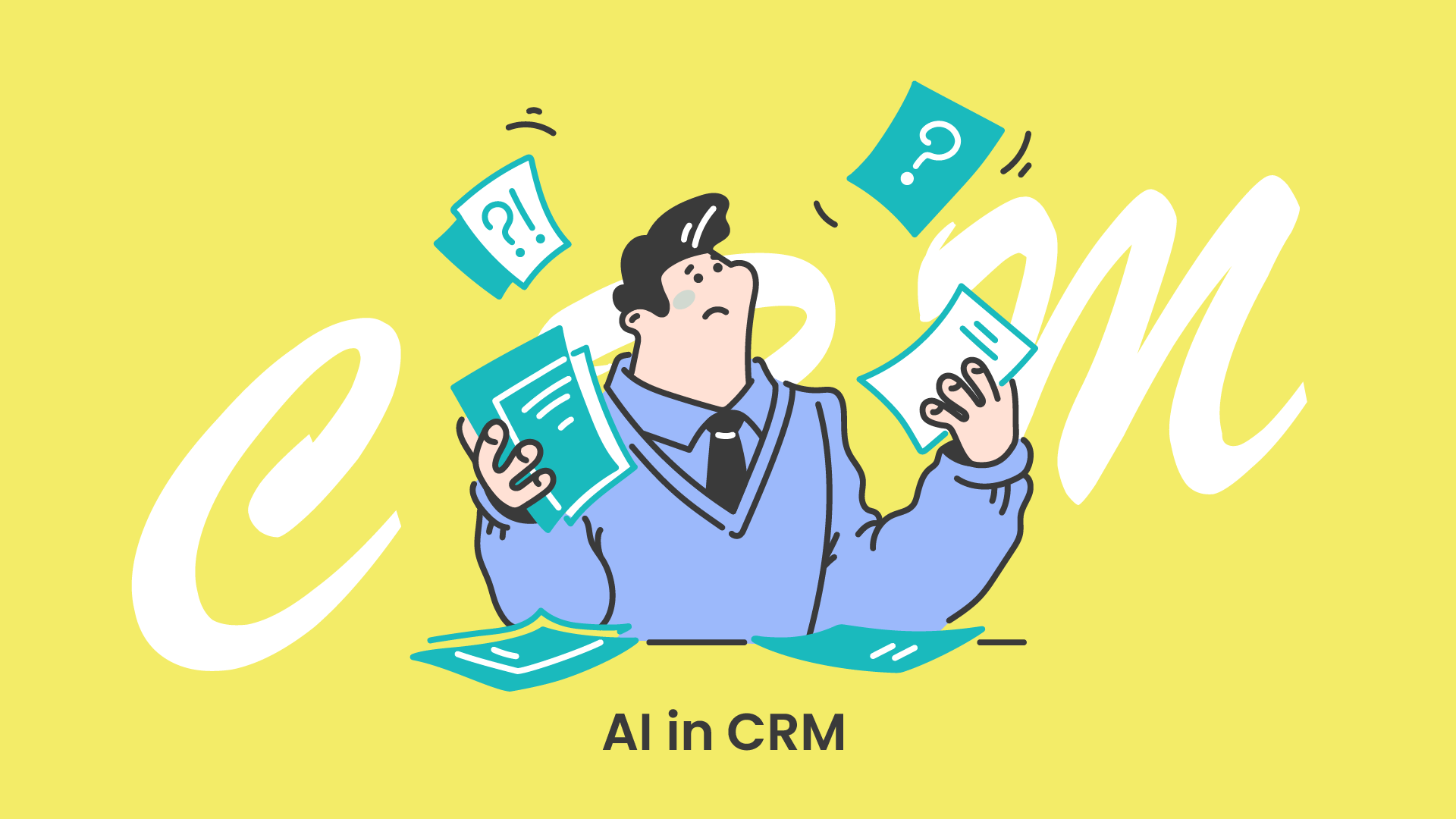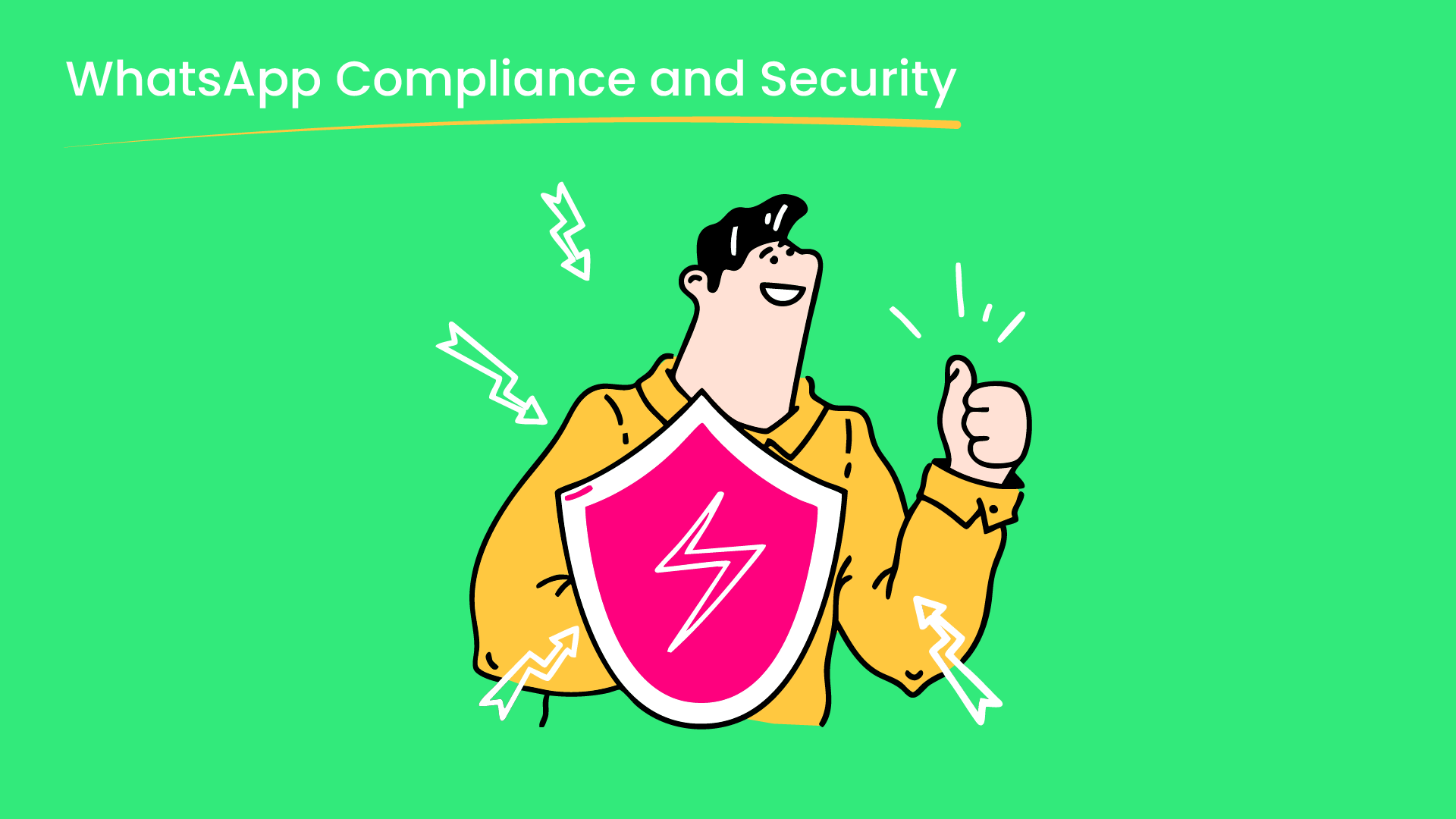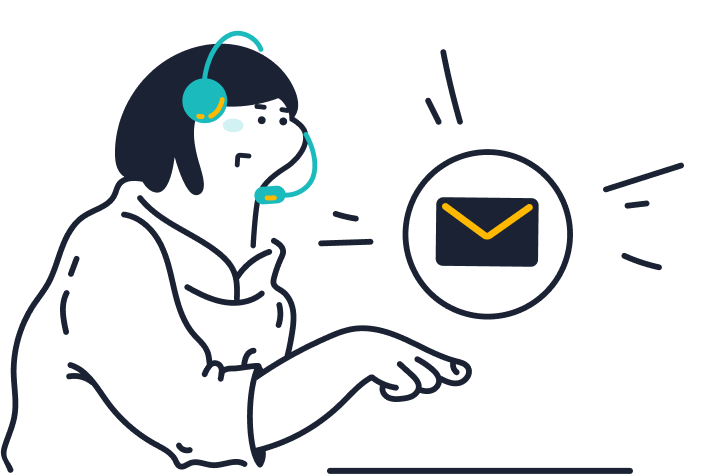The role of AI in the healthcare system is becoming influential every year, and AI chatbot can be considered the most effective innovation in the sphere of patients’ treatment. Such chatbot supports patients at any time and day by providing them with relevant and important information, and healthcare providers are relieved of workloads through the use of these applications.
From patient data collection to patient monitoring, the chatbot is now becoming an essential tool in healthcare. The statistics of healthcare users employing chatbot is even more shocking: in the United States, 52% of patients are already using chatbot to address their queries in healthcare.
Do you want to know how chatbot can change your healthcare practice for the better? Proceed to learn about their possibilities!
Brief History and Evolution
The use of chatbot can be traced from as early as 1966 but was limited in their applications to the healthcare industry until some years back. In the beginning, the application of the chatbot was elementary and was mainly used for preprogrammed responses. However, the current AI and natural language processing (NLP) make them much more intelligent systems that are capable of performing advanced roles in the health system.
The use of chatbot increased with launching of Siri in 2011 and FB Messenger bots; many companies showed great interest in them. Modern healthcare chatbot are developed to have prime AI and NLP technology to be very useful for the patients and the healthcare providers.
As the healthcare chatbot market is projected to grow from $230.28 million in 2023 to $944.65 million by 2032, these digital assistants are becoming integral to modern healthcare, enhancing patient care and administrative efficiency.
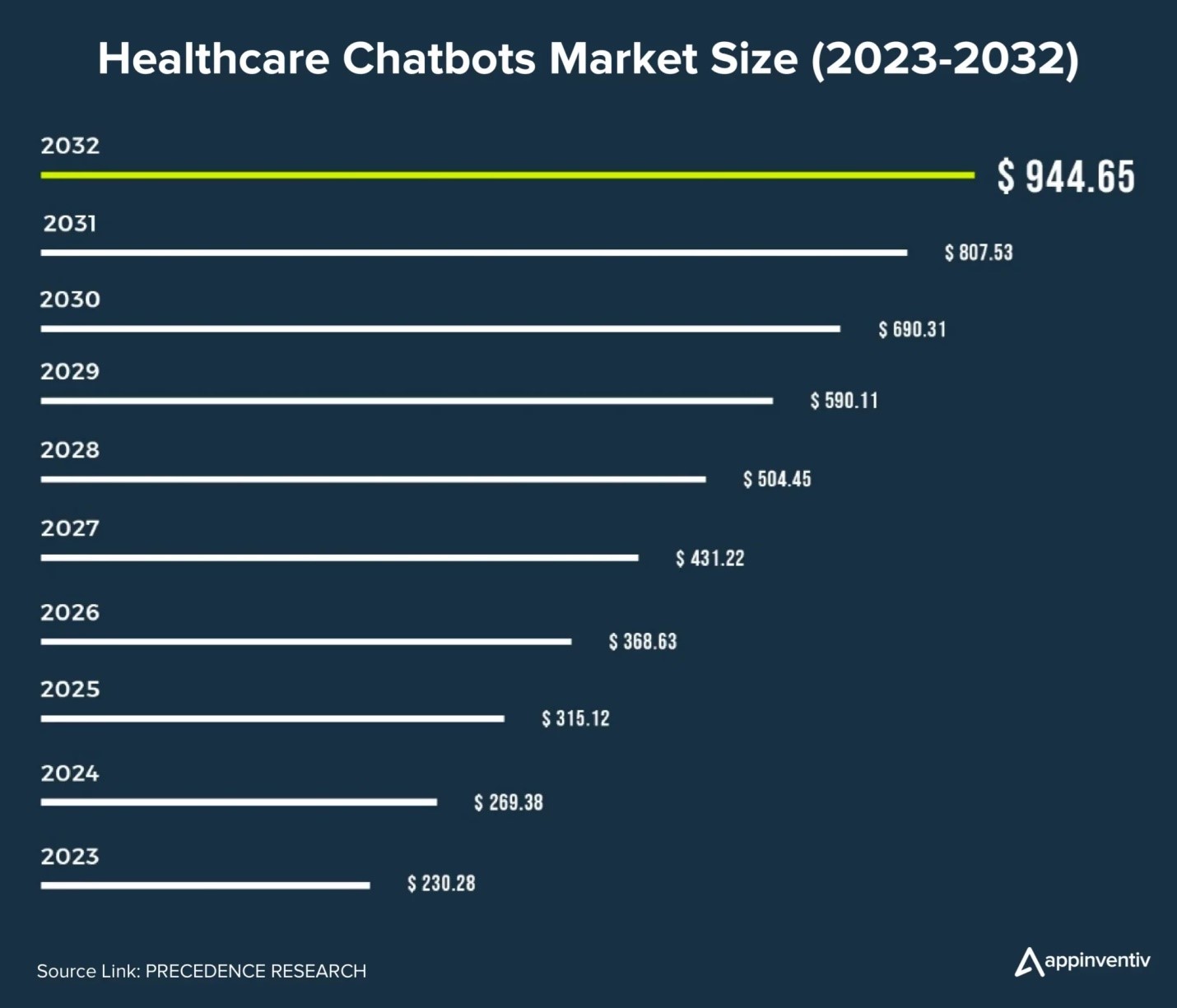
Key Advantages of Healthcare Chatbot
Healthcare chatbot is revolutionizing the medical field with their innovative features. The effects fall in different aspects ranging from availability of patient services, diminished operational expenses and improved data handling. Let’s explore the key advantages that make healthcare chatbots a game-changer in the industry.
1. 24/7 Availability
The use of chatbot in healthcare results into availability of support throughout the day and night, due to availability of information when needed. For instance, a patient suffering from insomnia can converse with the chatbot during the night and get immediate support for handling the symptoms before they visit a doctor for a prescription. This constant availability has proven invaluable, especially for patients with chronic conditions who require ongoing support.
2. Cost Efficiency
Chatbot significantly cut operational costs. A Frost & Sullivan study predicts AI and chatbot could save the US healthcare industry up to $150 billion annually by 2026. Babylon Health’s chatbot in the UK exemplifies this by lowering in-person consultations and optimizing resources. Chatbot also alleviate pressures on emergency departments and long-term care facilities, demonstrating their broad cost-saving potential.
3. Data Collection and Analysis
Chatbot plays a crucial role in gathering patient data during interactions, providing healthcare providers with valuable insights into patient behavior and needs. This data-driven approach enables more accurate diagnoses and personalized treatment plans. For example, by analyzing chatbot interactions, providers can identify trends in patient symptoms, allowing for proactive care and early intervention.
4. Patient Engagement
The use of a chatbot enhances patient involvement more than other methods because it is on one application. Thus, developing chatbot that provide individualized and instant answers can improve the patient engagement, thereby increasing the level of their activity in the healthcare process. These increased engagements result in improved quality of the patient’s health and satisfaction.
Distinct Types of Healthcare Chatbot
There are different types of healthcare chatbots, each of them targeted at specific tasks within the healthcare industry. There are three main types:
1. Informative Chatbot
Contacts, for instance of the Mayo Clinic or the NHS, are intended to give appropriate and topical medical information. Specifically, these chatbot help customers in responding to questions on health, to give advice on symptoms, and provide information on illnesses. Providing patients with accurate information allows improving the quality of their decisions about their health and the management of their diseases.
2. Conversational Chatbot
Talking resembling a human agent improves patient care by providing an opportunity to engage in conversation. For example, the chatbot embedded into the telehealth solutions can help patients with appointments, promptness, and other questions. It is able to engage the patient online in real-time and hence help increase the compliance among the patients hence enhancing the satisfaction. Due to their capability of mimicking human conversations, such opportunities in the healthcare system make it more enjoyable.
3. Prescriptive Chatbot
Prescriptive chatbot functions as conversational bots but is a more experienced medical consultants who assists patients. Using analytics work, it prescribes individual recommendations for medication and lifestyle, to help patients follow this prescription. For example, patients can get a qualified diagnosis without a doctor’s help using a prescriptive chatbot. Such chatbot is necessary for the betterment and customization of healthcare along with giving better results and medical advice through AI and information analysis.
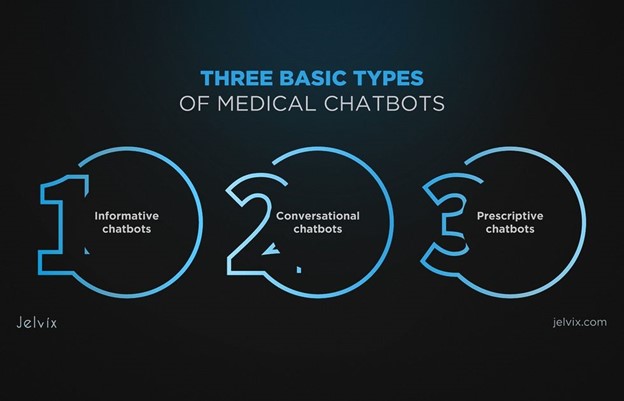
Innovative Use Cases of Healthcare Chatbot
Healthcare chatbot is making significant strides in various innovative applications, addressing diverse needs in the medical field. From managing chronic diseases to supporting mental health, these chatbots are transforming patient care. Let’s explore some of the groundbreaking use cases that showcase how chatbot are revolutionizing healthcare.
Remote Symptom Monitoring
Healthcare chatbot excels in remote symptom monitoring by tracking chronic conditions such as diabetes and hypertension. For instance, the chatbot used by WellFrame allows patients to log daily symptoms and receive tailored advice. This continuous monitoring benefits both patients and healthcare providers by ensuring timely interventions and personalized care adjustments.
Telemedicine Support
Chatbot plays a crucial role in telemedicine, particularly during the COVID-19 pandemic. For example, the chatbot developed by Buoy Health assists in symptom screening and patient triage, enabling efficient virtual consultations. This integration streamlines patient preparation, provides pre-appointment information, and facilitates follow-ups, enhancing the overall telemedicine experience.
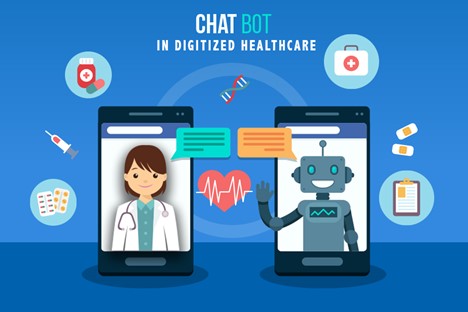
A March 2023 survey by Software Advice revealed that healthcare providers frequently use chatbot for administrative tasks, including appointment scheduling (72%), prescription refill requests (66%), and providing requested data (63%). Additionally, 62% use the chatbot for sending appointment reminders. The survey polled 65 doctors, therapists, or practice owners.
Chronic Disease Management
In case of chronic ailments, tools —like Livongo’s chatbot —impart continuous care for ailments including diabetes and hypertension. The chatbot provides immediate advice, monitors patient’s progress, and informs the users about necessary modifications in their life. It also connects with wearable devices in order to keep the patient engaged with and committed to the health management plans and help the patient get well.
Mental Health Assistance
Mental health chatbot such as Woebot, comprises mental health conditions treatment through the application of CBT and emotional assistance. There are some issues about the ethical use of artificial intelligence to prevent harm in the first place, as well as some concerns about privacy, particularly concerning precise trusting of complicated mental health straits. This chatbot helps provide a gap in mental health care, but it should be taken with precautions.
Health Education Campaigns
Chatbot also hosts health education campaigns, for instance, the ‘Heart Charger’ by the American Heart Association. This chatbot informs users about heart, preventive mechanisms, and ways of leading a healthy life. Here, the chatbot interacts with patients directly and thus increases awareness of public health as well as changes healthy behaviors of a greater number of patients.
Future Directions for Healthcare Chatbot
Are you looking at the future, some great innovations mark the future of healthcare chatbot? All these hold the potential to improve the care that patient receives and the need for more integrations of smart features and analytics. Below, we provide a snapshot of the future trends in healthcare chatbot and an idea of how they are likely to revolutionalise the area of medical assistance.
Integration with Wearable Devices
The future of healthcare chatbot, then, is the deployment of the chatbot as part of wearable technology for health monitoring, including fitness trackers and smartwatches. For instance, integration between Fitbit and the health chatbot enables the sharing of health data and Fitbit metrics, and the users get an immediate response concerning their health status and the life choices that they make.
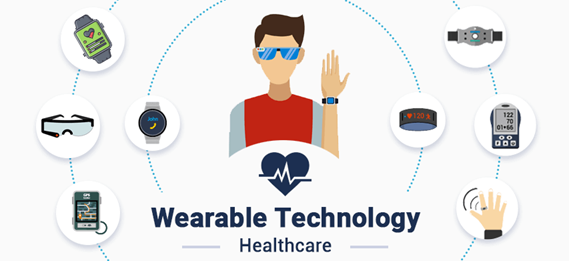
(Source)
AI-Driven Predictive Analytics
AI-driven chatbot can make use of sophisticated mathematical models to analyze patients’ data and determine the prospects of the development of hazardous health conditions. For example, IBM Watson Health uses AI approaches for the early identification of the risk of developing one or another chronic disease, providing early intervention opportunities. The accuracy of these predictions depends on the quality of data and algorithms, but ongoing improvements promise more reliable outcomes.
Expanded Mental Health Interventions
Another favorable advancement is the use of Artificial Intelligence in regard to mental health intercessions. Chatbot like Wysa is already present providing therapy for different sorts of mental health disorders. In an analysis last year, IBM and the University of California conducted a meta-analysis on 28 studies that used AI for mental health; Mashal AI can diagnose several mental illnesses having 63-92% accuracy depending on the technique used and the quality of data fed to the system.
Developing Healthcare Chatbot Solutions with Sobot AI
Sobot AI excels in developing healthcare chatbot solutions, offering tailored services for various medical practices. With a strong focus on industry-specific needs, Sobot delivers chatbot that enhances patient care and streamlines operations. Their voice call center supports global inbound and outbound services, while the live chat platform offers an omnichannel experience with unified workspaces and API integration.
Sobot’s chatbot operates 24/7, supports multiple languages, and integrates ChatGPT for advanced responses. The ticketing system enables collaborative support with auto-triggers and SLA management.
For sales and marketing, Sobot provides a WhatsApp API for bulk messaging and workflows, as well as a voice solution for telemarketing with global reach. Sobot’s solutions are designed to empower healthcare providers with cutting-edge technology.
How to Choose the Best Healthcare Chatbot?
When selecting the best healthcare chatbot, several factors should be considered to ensure the solution meets your organization’s needs. Here are key tips to guide your decision:
- Understand the Chatbot’s Capabilities: Look for chatbot that offer more than just basic responses. Advanced features like AI-powered symptom checking, appointment scheduling, and patient triage enhance both patient experience and administrative efficiency. Ensure the chatbot supports essential healthcare functions, including medical inquiries, reminders, and patient monitoring.
- Focus on Security and Compliance: Healthcare data is highly sensitive, so it’s crucial that the chatbot complies with regulations such as HIPAA or GDPR. Verify that the platform has robust security measures, including encryption, secure data storage, and controlled access to patient information.
- Check for Customization: Every medical practice has unique needs, so choose a chatbot that can be tailored to specific requirements. Look for options that allow you to customize conversation flows, integrate with your existing systems, and accommodate the specific needs of your practice, whether it’s a general clinic, mental health service, or specialized care provider.
- Multilingual and 24/7 Support: Consider chatbot that can cater to a diverse patient base by offering multilingual support and round-the-clock availability. This ensures patients receive care whenever they need it, in their preferred language, without having to wait for human assistance.
- Ease of Integration: A chatbot that seamlessly integrates with your existing systems, such as electronic health records (EHRs), telemedicine platforms, or appointment scheduling tools, can greatly enhance operational efficiency.
For a reliable and versatile solution, Sobot AI stands out. Sobot offers AI-powered chatbot designed specifically for healthcare providers, delivering 24/7 multilingual support, HIPAA-compliant security, and advanced customization. Whether it’s assisting with patient inquiries, managing appointments, or providing real-time monitoring, Sobot’s solutions empower healthcare providers to offer enhanced, personalized care with ease.
Conclusion
Altogether, it could be concluded that healthcare chatbot is an innovative technology that is currently making unique changes in the field of medicine by enhancing patient satisfaction and experience, productivity, and cost savings. Sobot AI targeted services excel the importance of chatbot – be it round-the-clock availability, analytics, or robotic processes.
In the future, the development of AI-Chatbot will remain a valuable strategy in the healthcare industry for better patient communication and management of their operations. AI chatbot is no longer buzzword—it is a necessity and an opportunity for a better, seamless, and user-friendly healthcare system.
(The information in the article is collected from public channels. If the data or pictures are infringing or inaccurate, please contact us to delete or modify it.)
